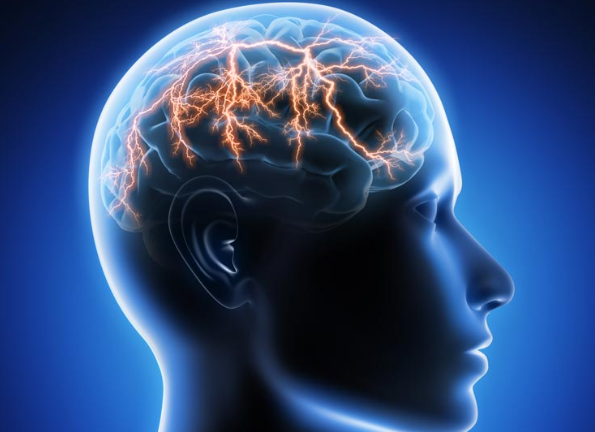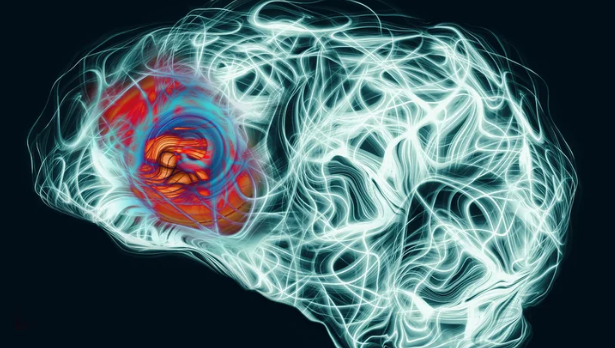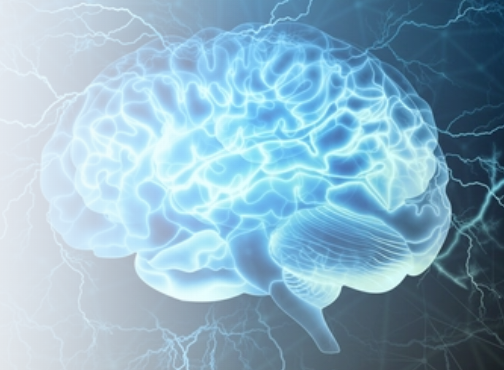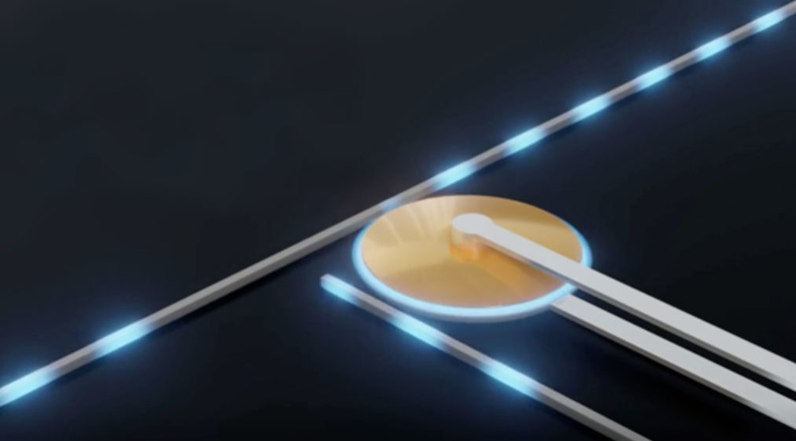Dueling brain waves during sleep, you can decide whether to remember or forget!

A sleeping rat may appear peaceful, but inside its immobile furry head, a war is raging. Two types of brain waves battle over whether the rat will remember new information or forget it, the researchers report. The details of this previously hidden clash may ultimately help explain how some memories are recorded in the sleeping brain, while others are cleaned.
By distinguishing between these dueling brain waves, the new study helps reconcile some seemingly conflicting ideas, including how memories can grow stronger and weaker during the same stage of sleep. Researchers led by neuroscientists and neurologists have been teaching rats to control a mechanical water spout with nothing more than their neural activity, the team soon realized that the rats’ success with these brain-computer interfaces depended largely on something that came after training: sleep.

To study how new learning was strengthened during naptime, researchers monitored the brains of sleeping rats after they practiced moving their beaks. The scientists focused on the brain waves that travel through the motor cortex, the part of the brain that controls the external water jet, during non-REM sleep. That stage of sleep usually accounts for more than half of the night for an adult human being.
Two types of brain waves caught the interest of the team; The first, called slow oscillations, were already suspected of helping to strengthen memories, and that’s what the researchers found. When laser light and genetic tricks stopped these slow oscillations just milliseconds after they started during sleep, the rats took longer to move their beaks using their brains after waking up; without these slow oscillations washing over the motor cortex of a sleeping rat, the information did not settle down as well.

The second type, called delta waves, were three to four times more frequent than slow oscillations, but the role of these waves was a mystery. Stopping the delta waves had the opposite effect of stopping the slow oscillations, the researchers found—removing the delta waves made the rats perform better on their task after waking up, a result that suggests delta waves speed up forgetting.
How the brain decides which memories to keep and which to discard is still unknown. Ultimately, the results could also have implications for treating people who learn to move again after a stroke.





Responses